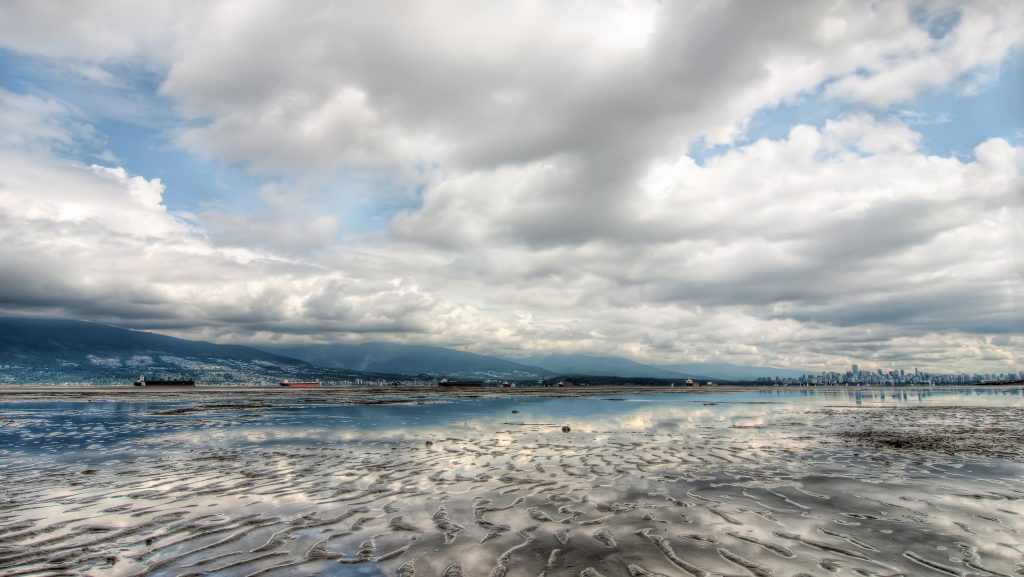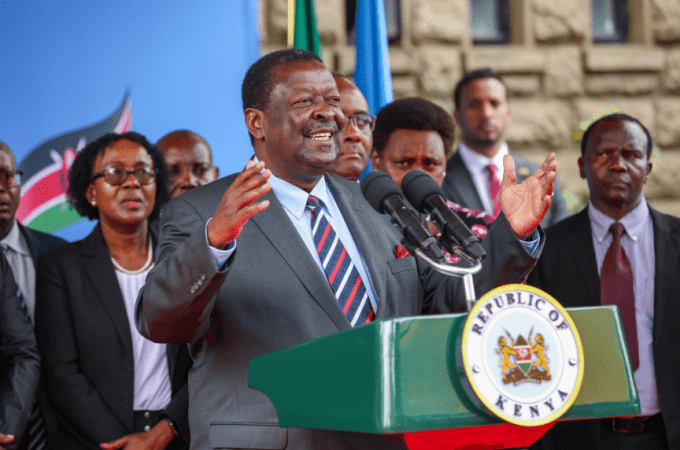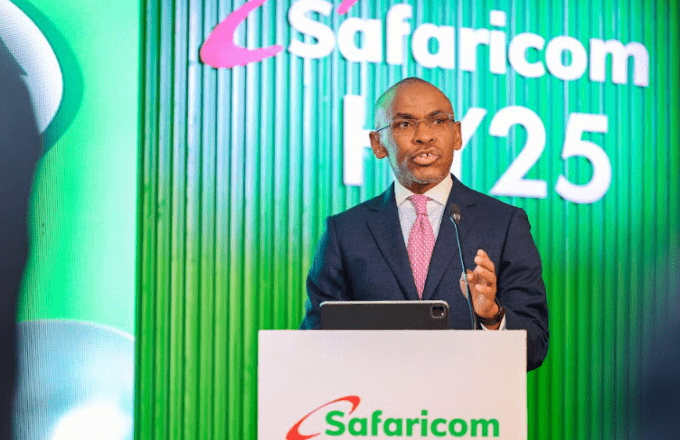Several groups and organizations, who are stakeholders in the climate change space, have recorded many successes and challenges in the fight against climate change.
Organizations from the Global North to the Global South are all united in the rush to salvage this dire situation which is already getting out of hand.
Here we look at some success stories in the fight against climate change:-
World Climate School, Norway
World Climate School in Norway, Peru, Maldives and India in Global North, has taken a unique approach to educating its young children about the importance of conserving the environment.
The World Climate School, a pioneering initiative, has been established to instil environmental consciousness in children from a very young age.
This model, which is unparalleled worldwide, aims to address the issue of illiteracy among children, with over 250 million currently lacking basic reading and writing skills.
The World Climate School has developed a model that not only educates children about climate change but also tackles the problem of illiteracy.
The World Climate School recognizes that illiteracy is a significant setback in achieving sustainable development goals. Without basic literacy skills, children cannot fully comprehend the importance of environmental conservation and the actions they can take to make a difference.
Therefore, the school has devised a unique model that combines environmental education with literacy training.
One such program is a six-day learning about the environment and 45 days of literacy on the environment and its harder terms.
The World Climate School has partnered with local communities, governments, and non-profit organizations to establish schools in remote areas where illiteracy levels are high. By providing access to education, the school aims to bridge the gap and give every child the opportunity to learn and grow.
Once children are enrolled in the World Climate School, they are introduced to a curriculum that integrates environmental education into their daily lessons. This curriculum is designed to be engaging and interactive, using hands-on activities, games, and storytelling to teach children about climate change, biodiversity, and the importance of conservation. By making the learning process enjoyable, the school ensures that children are actively involved and retain the knowledge they acquire.
The World Climate School recognizes that children learn best when they can see the impact of their actions. Therefore, the school encourages the practical application of the knowledge gained. Children are involved in various environmental projects, such as planting trees, creating community gardens, and recycling initiatives. These projects not only reinforce the lessons learned but also empower children to take ownership of their environment and become agents of change.
To ensure the success of this model, the World Climate School has also implemented teacher training programs. Teachers are equipped with the necessary skills and knowledge to effectively deliver the curriculum and engage children in meaningful discussions about climate change. By investing in teacher training, the school ensures that the impact of the program extends beyond the classroom and into the wider community.
The World Climate School’s unique model has proven to be successful in addressing the issue of illiteracy while simultaneously educating children about the importance of environmental conservation. By integrating environmental education into the curriculum and providing access to education for all children, the school is making a significant impact in creating a more sustainable future.
The World Climate School in Norway has developed a groundbreaking model that combines environmental education with literacy training.
By addressing the issue of illiteracy among children, the school ensures that every child has the opportunity to learn about climate change and the importance of conservation. Through engaging and interactive lessons, practical application of knowledge, and teacher training programs, the World Climate School empowers children to become environmental stewards and positively impact their communities. This innovative approach serves as an inspiration for other countries to prioritize environmental education and tackle the issue of illiteracy simultaneously.

Lida Midani CBO, Nairobi
In Africa, Nairobi Kenya, the Global South boasts of the Lida Midani CBO which is located at the North Eastern part of Kenya. The youth group was formed five years ago. Their main area of focus is livestock feeds and conservation of the rangelands.
The youth groups have come up with the storage, conserving and clean-ups of the river around and in Isiolo town.
Like with all the ASAL (arid and semiarid areas), the issues of lack of water and access to clean water have been a problem for both the people and the livestock.
The communities have embraced the making of hay, following last season’s devastating drought which wiped out most of their livestock, compounded by the death of the most vulnerable.
ABOS
ABOS, Africa Bureau for Climate Stories is an organization that has dedicated itself to breaking down the complicated language of the climate change space to a simple relatable local dialect in Africa, specifically sub-Saharan Africa.
“We have come to understand that the languages that the scientists and more elite organizations are not easily consumable by the frontline communities across all the board. With people, reporters and networks all over the region, we help people engage them to grasp the real meaning now of what is happening,” ABOS management says.
March for our Planet
March for our Planet is a Global movement under which several affiliated organizations and groups have done and participated in several actions like the plastics treaty at the UN Nairobi, food systems, and water week among others.
“Under the water week we had a caravan which started from Nairobi in Kibra slums, one of the largest slums in Africa, to Isiolo county where we met different women groups, Marsabit and the rangelands where our team experienced the hardships which the local pastoralist communities go through each day the caravan ended at Moyale Kenya/Ethiopia border,” the organisation said.
Green Economy Youth Group Nairobi
Green Economy for Kenya is a community-based organisation based in Nairobi, Kenya. It consists mainly of youths in the frontline communities in places like Kayole and Dandora. It mainly focuses on planting trees and advocating for climate change actions in circular economy and forums.
“As we are gearing towards the end of COP28, urgent measures should be taken on the most severe cases of climate change,” the group says.
Read: European Investment Bank Partners With CBK To Unlock Climate Finance
>>> 7 PhDs To Vet Students Essay Competition On Climate Change












Leave a comment